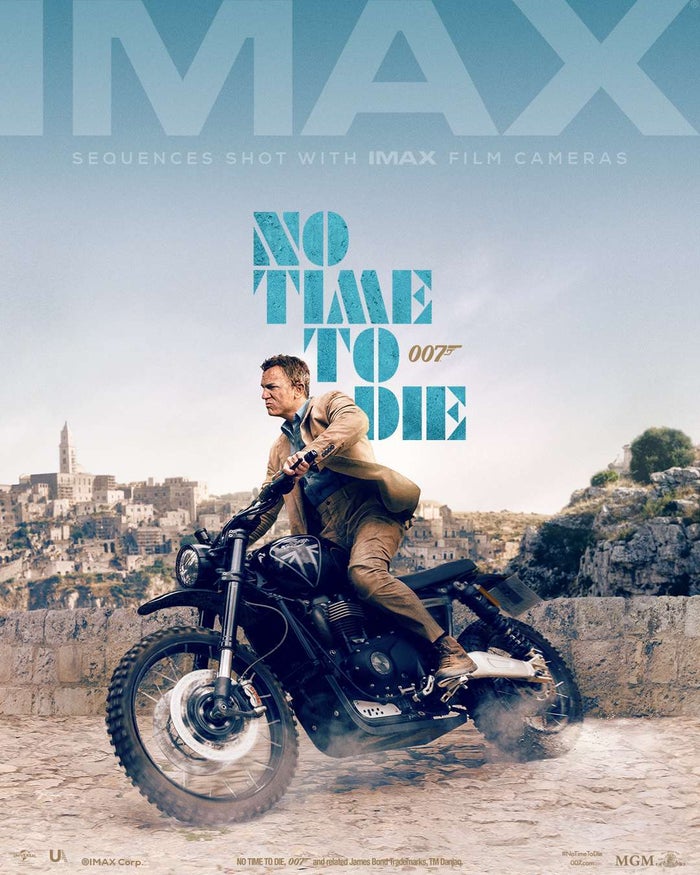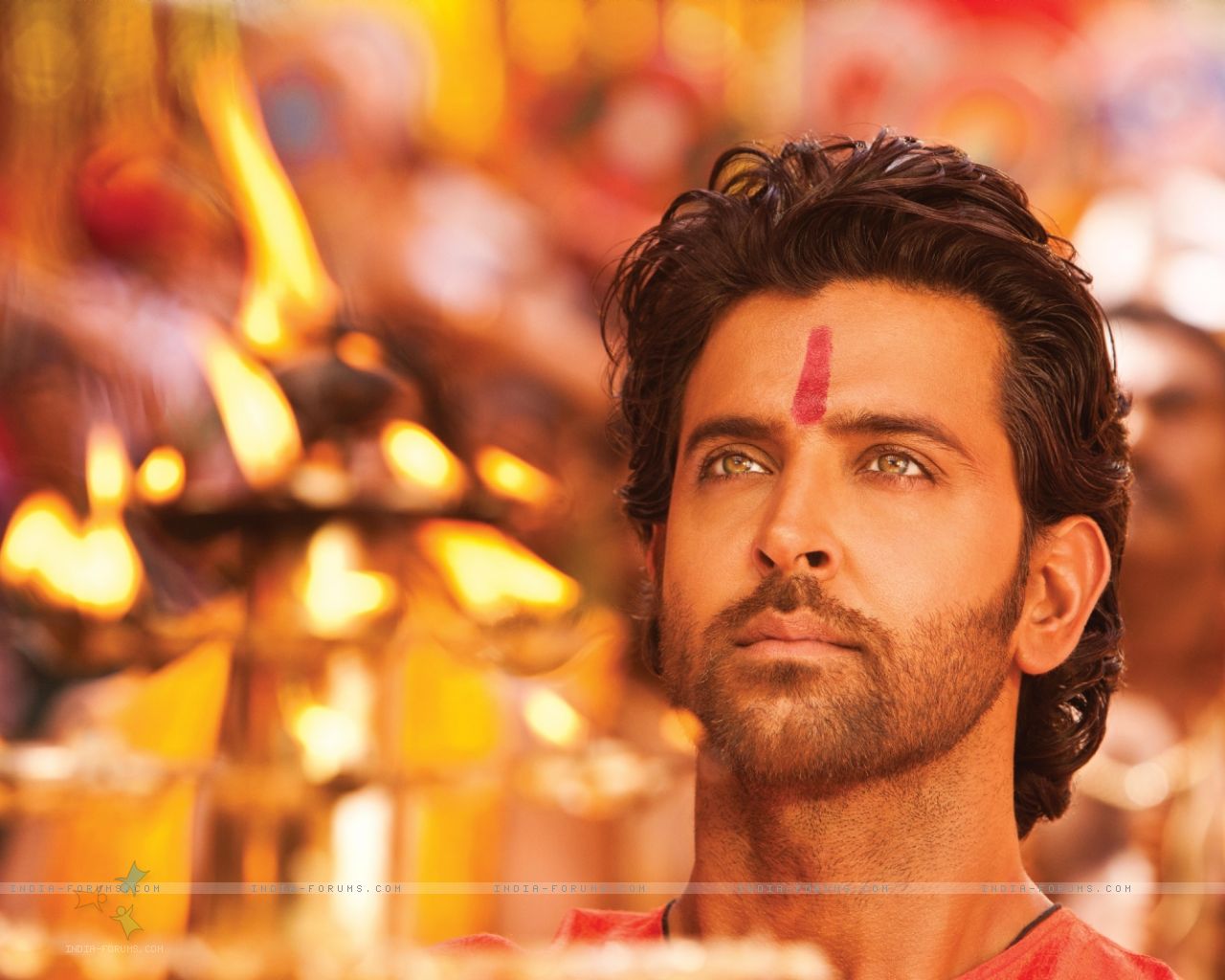Raees
Raees : Film Review
2.5 stars out of 5 (above average)
Director : Rahul Dholakia
Cast : Shah Rukh Khan, Nawazuddin Siddiqui, Mahira Khan, Atul Kulkarni
Hindi (English subtitles available), Released 25th January 2017
Of all the doubts that assail Shah Rukh Khan's career at this stage, there is no question about one thing - he has leveraged his filmi persona to become very Raees (rich), with his staggering bank account likely unaffected by the economic earthquake that struck his fans and others recently from Kashmir to Kanyakumari. To the audiences who do not like their cinema brainless, however, the bigger question remains whether that richness will ever get re-invested in the film-making vision that has eluded the superstar in the last dozen years.
Raees provides a strange, ultimately unfulfilling answer to that quest. When 'The Lives of Others' won the 2006 Oscar for Best Foreign Film, Khan stated publicly that he hoped to make similarly notable films. His most recent release, unsurprisingly, continues to show a conflicted, confused agenda - of realism almost poisoned by garam masala.
The story's biggest villain is neither its corrupt chief minister, nor a conniving Mumbai gangster nor Raees himself - it is the background music. This loud stupid soundtrack destroys the film like no human per se can. Director Rahul Dholakia is in little control of film-making craft from the get-go despite seeming stability on the surface. The background score shouts and screams in every frame, not allowing you to feel anything. A fight in a mutton marketplace early in the film would have played ten times better with the soundtrack being silent.
Poor Raees does not even know that he has these kind of behind-the-scenes enemies. This title character is played by Shah Rukh Khan as the gutsy businessman who arises from humble beginnings to become a rich influential trader, bootlegging alcohol from his base in Fatehpura in the state of Gujarat where alcohol is officially prohibited since independence. Ultimately superceding his treacherous senior, trading favours with the chief minister while proving to be a generous messiah to the masses, he remains inspired by his mother's diktat that no trade is too small, and that trade itself is bigger than any religion.
From what we can ascertain, he is happy and wise enough to remain a businessman who knows his mind and turf, but the script abruptly dragoons him into entering politics, which heralds his downfall.
Discordant notes affect the film's flow consistently. The childhood Raees we see is a streetsmart kid who takes big risks, but what we never get to see and have to somehow intuit, is that he has also been tutored by the Kung Fu Masters of Shaolin and the US Army's Elite Assassination Unit. This becomes obvious when he soars and climbs twenty feet up the buildings while chasing his assassin, and firing a dozen shots all around the room thus cleaning up his enemies with balletic brutality. Some of these action sequences just end up as cartoonish gore.
The film is deliberately infused with a light-hearted air commingling with its criminal world, so that the film-makers would not have to worry about the film being too intense for the masses. It also gives the narration a chance to harmoniously slip in designer songs where hero and heroine serenade each other in exotic deserts and resorts. The tone of the film thus hangs in an awkward limbo - neither 'Sarkar' nor 'Transporter' nor a bravura fusion.
This schism also shows in Shah Rukh Khan's acting - a better director would have extracted more depth. In an early scene, Raees suddenly grabs an inspector by the scruff and makes him blow a torn tire - what we should see is an abrupt chilling turn of face, what we actually see is less scary. His epic grief at the end also does not resonate much.
It is a terrific decision to cast the brilliance of Nawazuddin Siddiqui against the charisma of Shah Rukh Khan. In their coveted face-offs, it is Siddiqui whose intensity shines deeper. With stabs of dry humour, straight-arrow talk and whip-cracking law enforcement, the latter nails his top-cop role. Excellence is also evident in Atul Kulkarni's restrained but clearly malevolent edge in portraying a criminal big-shot. The script however serves a cuckoo to Mahira Khan who plays Aasiya, Raees' wife. She acts coyly, smiles brightly and also handles emotional dialogue well but her character is a poorly written one where she is forced to be a dumb barbie doll for three-quarters of her role.
The film amply benefits from refulgent lighting and the clean compositions of K.U.Mohanan's cinematography (it is scared of much realistic darkness though). The starkly bold climax appears disconnected from the rest of the film's effect. It is of little solace that this kind of audacious ending serves as an almost buried reminder of why SRK is different, in a good way, from Aamir Khan and Salman Khan.
So, the film's real-life star has all the money in the world, but he still remains chained to commercial concerns. Directors who can browbeat him into crafting consistently uncompromised cinema are either not getting through to him or not being allowed to get through. As long as this continues, his ongoing brand of films will continue to be adulterated with "If only" and "I wish"...
UPN
First published in Indian Weekender January 2017
UPNWORLD welcomes your comments.










0 COMMENTS
WRITE COMMENT